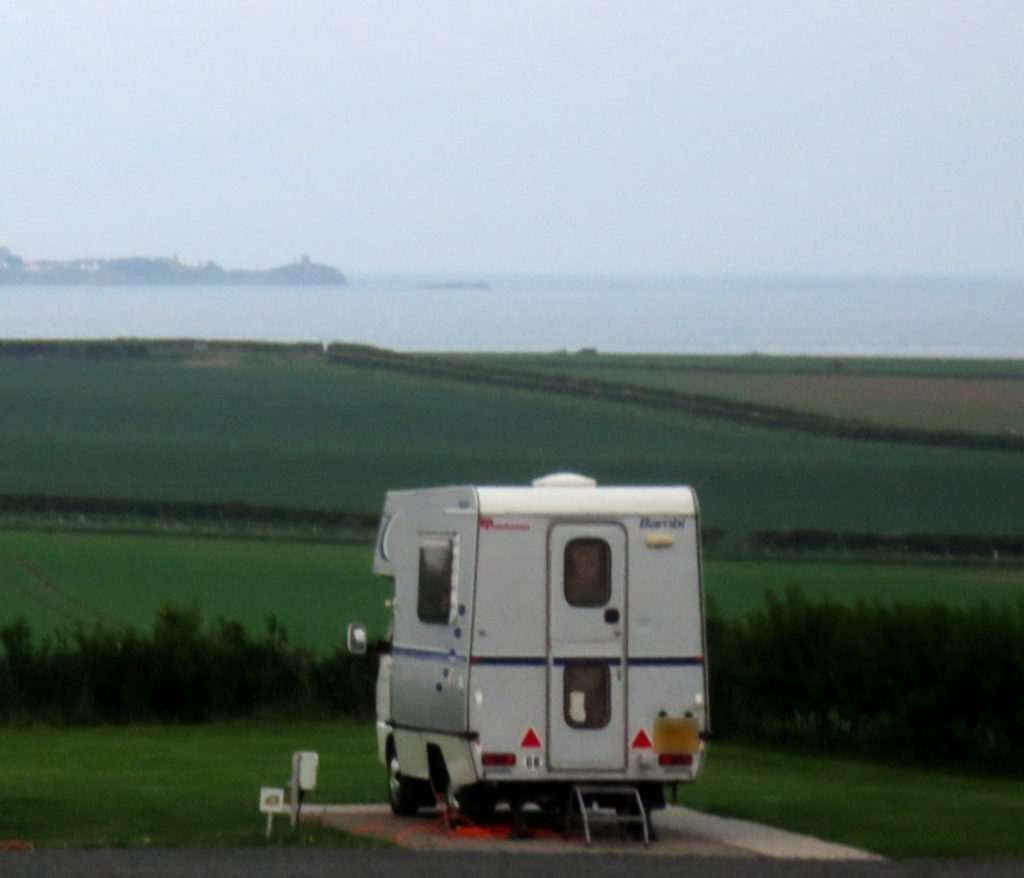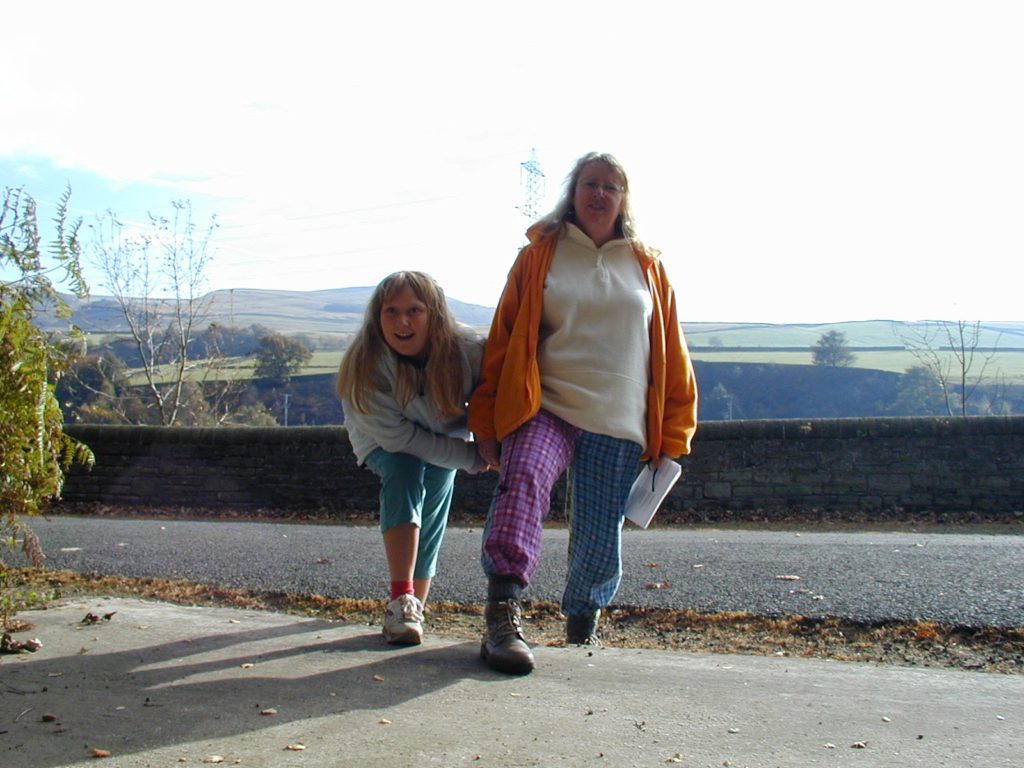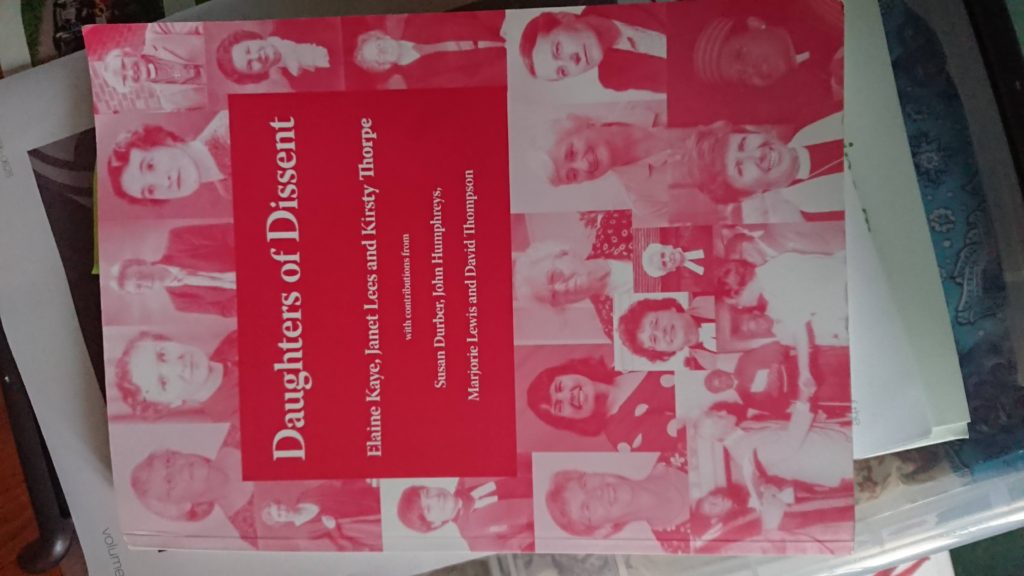Dear Benedict
Let’s push onto
chapter 1, it’s one of my favourites. So I missed a bit out: it is
quite long you know. I may come back to it. I did wonder when you
wrote it all and how long it took?
There are four kinds
of monastics, you say. I doubt most people these days would think of
monastics as coming in four kinds. But to get to the bottom line,
you’re basically saying there are people who want to make community
and people who don’t, mostly because they don’t know how. You are
keen on the community makers and that’s what the rule is about.
So let’s start with that: ‘Make community’. As far as this section of chapter 1 is concerned, in the beginning was the Rule. Only of course it probably wasn’t. You had to live it first before you could write it. Community is a big word in the 21st century too. At the beginning of the COVID19 pandemic there was a lot of talk about community and how we would all support each other. Now the pandemic is still out there and interest in community has come and gone and still hangs about here and there. So too with the Rule. That there are, 1,500 years later, communities that still live by the Rule, is amazing. Just as it was informed by other earlier rules of life, so too it has also led to the development of different examples.
I grew up in a
village; it was a community.
I got a job as a
speech therapist: I was serving a different community.
I went to
ministerial training college: we were urged to try to be a community.
I served as a
minister in several places. In the first I was the unpaid community
minister and in the second the group of churches were said to be
particularly community orientated.
I did my PhD: it was
about a community response to families of children learning to talk
who were growing up in poverty (the very phrase is long enough to
indicate what a meal we make of community).
I was a school
chaplain: my role was to gather and nurture the school community.
I have retired and
moved to a different place and a different community.
I belong to the Lay
Community of St Benedict, it even has community in the title.
In the last of these (LCSB) we keep things as simple as possible. Our promise, which you can see on my t-shirt on the previous post, goes like this:
“In
response to the call of Christ we seek to live
holy
communion, create holy space and offer holy service.”
laybenedictines.org
For us, that is what
community is. It is a Christ centred holy space in which service is
offered and relationships can develop. It has no walls because we are
a scattered community. We do what we do ‘as we are able/as we are
enabled’.
Each community has its own pattern or flavour. Your rule tried to sort out the things that help or hinder when making a community and the fact that the Rule still does this suggests it includes a great deal of positive energy. But it won’t suit everyone. I’m not sure that it suits me completely. As we shall see later in the next bit of chapter 1, I’ve got quite a lot of characteristics of the other three types of monastics that we’ve not visited yet.
But one thing that’s
clear about community is that you’re not alone. You can’t be a
community of one. In a community there’s always more than one. In a
scattered community it might be a challenge how to connect, but there
are others on the same quest. In a gathered community, the others are
closer, more apparent and may be difficult to live with, but they are
there. In the 21st century, this pull and push in community is still
very apparent. During COVID19 we’ve seen people get connected in
many different ways and try to bridge divides and make communities.
We’ve seen people left out and alone and noted how that has such
negative effects on human beings. As far as the Rule goes, ‘Make
community’, seems to be in line with human inclination to a certain
extent. Until we reach a point, not necessarily determined in
advance, where it starts to get wobbly and we want out again. Much as
we want in, we may also want out.
21st century people
will probably be wondering if we need a Rule to make community work
or not? Other people try different ways: a constitution is popular
with some, a pledge or promise does for others. Many will just think
it happens on the back of culture and habit. Other may say following
the Gospel is enough. As a 21st century person I’ve been collecting
many kinds of spirituality during my life time. For those who haven’t
tried it yet, the rule is there to explore. Monastic or not, we can
try it.
From the remembered
Gospel: Jesus said ‘Come to me’.
May I make community too.
From a Friend of
Scholastica’s, and a Member of the Lay Community of St Benedict.



